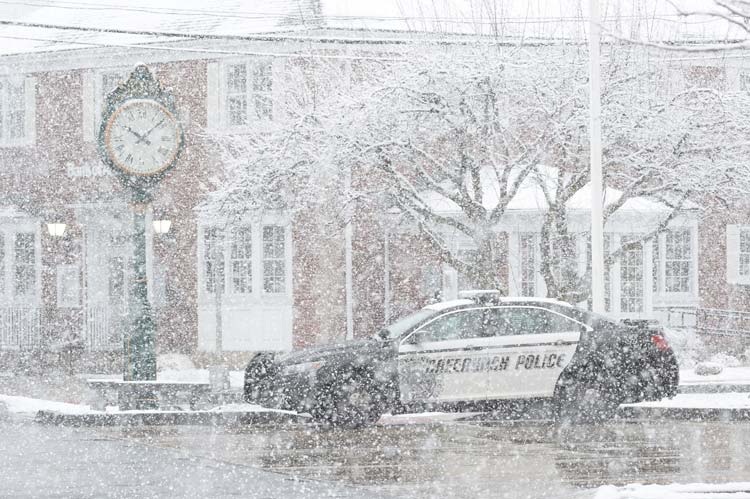To the Editor,
With anxiety and depression on the rise, parents should reflect on lessons learned during the lockdown and rethink how they approach their child’s education and social and emotional well-being.
I live in a neighborhood where the houses are stacked close together. It’s nearly impossible to go out of your front door and not say hello to a neighbor, and almost every home has kids living there. However, my wife and I are among a handful of empty nesters. We walk the streets nearly every day, usually late afternoons and into early evenings. Saturday and Sunday late mornings, we are out as well. Over the years, we noticed fewer and fewer kids out playing. But that all changed during the spring of 2020.
While families had to halt their routines, opportunities arose that allowed them to connect and become creative about how they spent their days. Families were out in their yards throwing or kicking balls, and little ones crouched down drawing sketches on driveways with chalk. Parents took walks, often stopping to say hello to neighbors. Small bands of kids chased each other on their bikes through the streets, and while the older part of me shivered from the potential danger, the other part of me smiled and thought, “What a great way to be with friends.” A couple of siblings built an elaborate fort using branches from trees. Two brothers obsessed with soccer created obstacles on their lawn and ran drills through them. They also ran clinics for younger kids in the neighborhood, coaching them through the cones they had placed. Evening time brought different aromas from barbecues, along with laughter, music, and sometimes sound effects from movies playing on a makeshift outdoor theater.
One night, two couples across the street from our house sat in lawn chairs in their front yards. They faced each other about fifteen feet apart with drinks in their hands and baby monitors on the ground. They talked and laughed well into the evening.
I realize the challenges the past few years caused significant problems for many families. As educational consultants, we hear daily about the damage the pandemic caused to many families. Students suffered from not being among their peers and teachers. These students needed the physical connection they could not get by staring at a screen. And we regularly discussed with parents brainstorming ways to avoid catastrophes and how they could maintain their sanity.
Streets and yards in our neighborhood are emptying once again. It seems like families are reverting to how it once was and in full force. I realize parents need to perform a balancing act. They need to be proactive, but families are maybe overdoing it now. Kids don’t need adults directing every moment of their day, and sometimes those structured activities don’t need to occur at all. Being creative, problem-solving, collaborating, compromising, and even learning to entertain themselves around their own homes, as many did the past few years, are ways for them to develop essential skills.
Children need time to explore and process the world on their terms. When they have time, they ask questions or make statements that seem to come out of the blue, but they are not. Instead, it often means a child has some time and wants to hear a parent’s response. What a fantastic opportunity for some life lessons!
Parents need to think through what is important for their children. They need to realize life is not a race. Running from one activity to the next does not set children up for future success and happiness. Staying connected at home does. For children to develop an internal strength to deal with life’s challenges, some unstructured time at home and with their families is necessary.
Jim Brown
Old Greenwich




